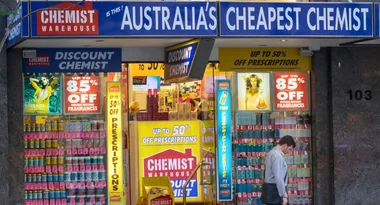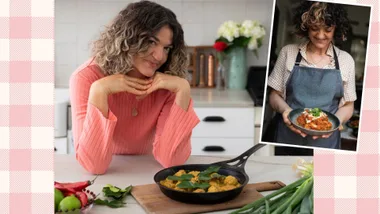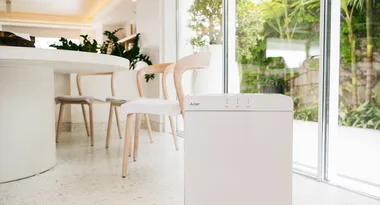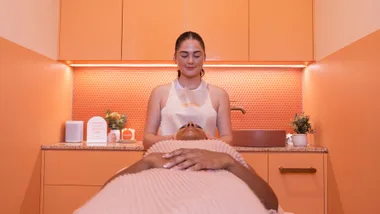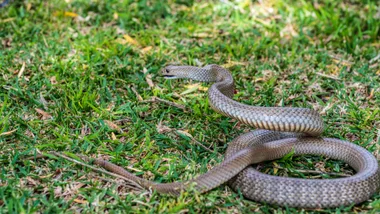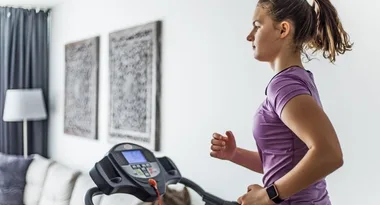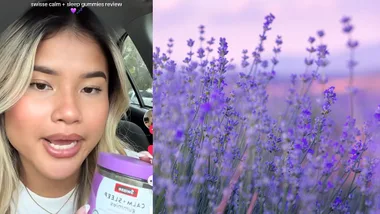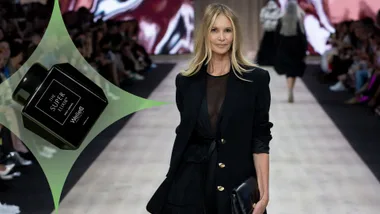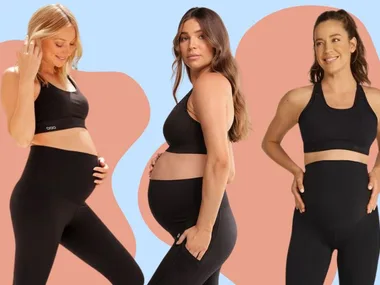There were never any obvious bruises, no suspicious broken bones or mysterious visits to the emergency department in the middle of the night.
Yet Vanessa Fowler had an inkling that her little sister, Allison Baden-Clay, was suffering in silence behind closed doors – and sadly she was right.
WATCH NOW: Allison Baden-Clay’s friend Kerry-Anne Walker speaks out. Article continues after video.
Eleven years have passed since Allison was tragically murdered by her husband Gerard.
The 43-year-old mum’s body was dumped and discovered on a creek bank 10 days after she went missing from the family’s Brisbane home.
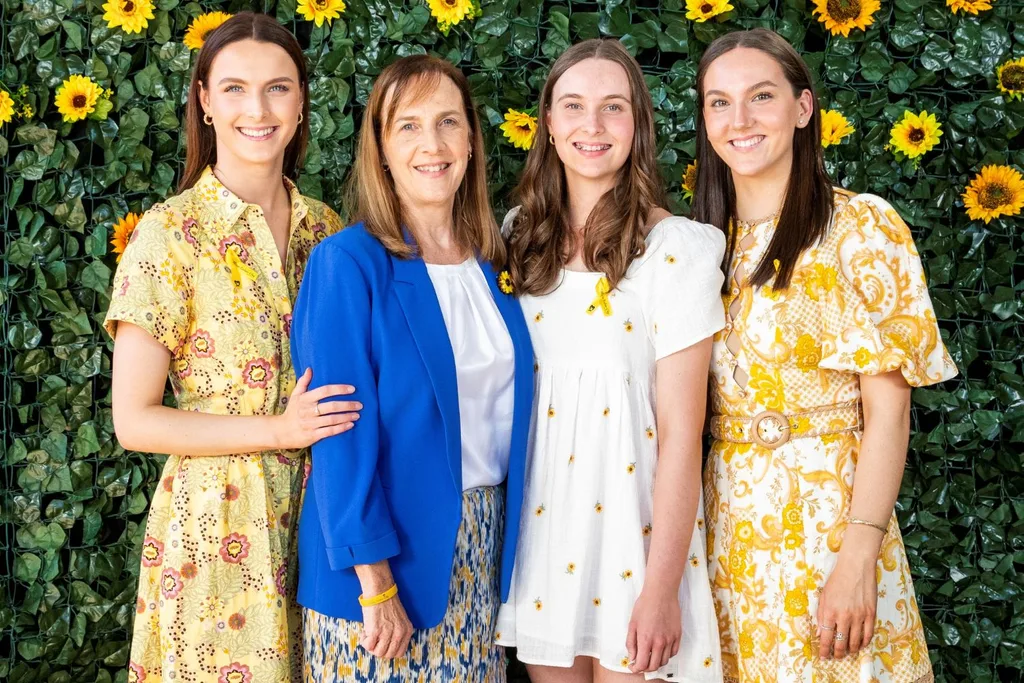
Already a devoted mother to two young boys, Vanessa quickly stepped in to help raise Allison’s daughters Hannah, now 22, Sarah, 20, and Ella, 17.
The loving aunt says her sister would be happy that her girls are journeying so wonderfully through their lives.
“They have grown into confident and well-educated young women,” Vanessa tells New Idea from her home in Ipswich, Queensland.
“Their mother would be very proud of their involvement in our foundation’s campaigns, and in particular the annual Strive To Be Kind Day.”
Former school teacher Vanessa was the driving force behind the establishment of the Allison Baden-Clay Foundation.
She’s also chair of the board of directors.
The foundation’s latest campaign ‘Toxic Love’ is especially close to Vanessa’s heart.
An education and prevention-based program, it aims to teach teenagers between the ages of 14 and 18 the signs or ‘red flags’ of coercive control within a relationship.
“It covers a range of topics including technology abuse, emotional manipulation, and sexual persuasion. It helps to recognise the signs, break the cycle, and become good advocates for positive change,” Vanessa tells us.
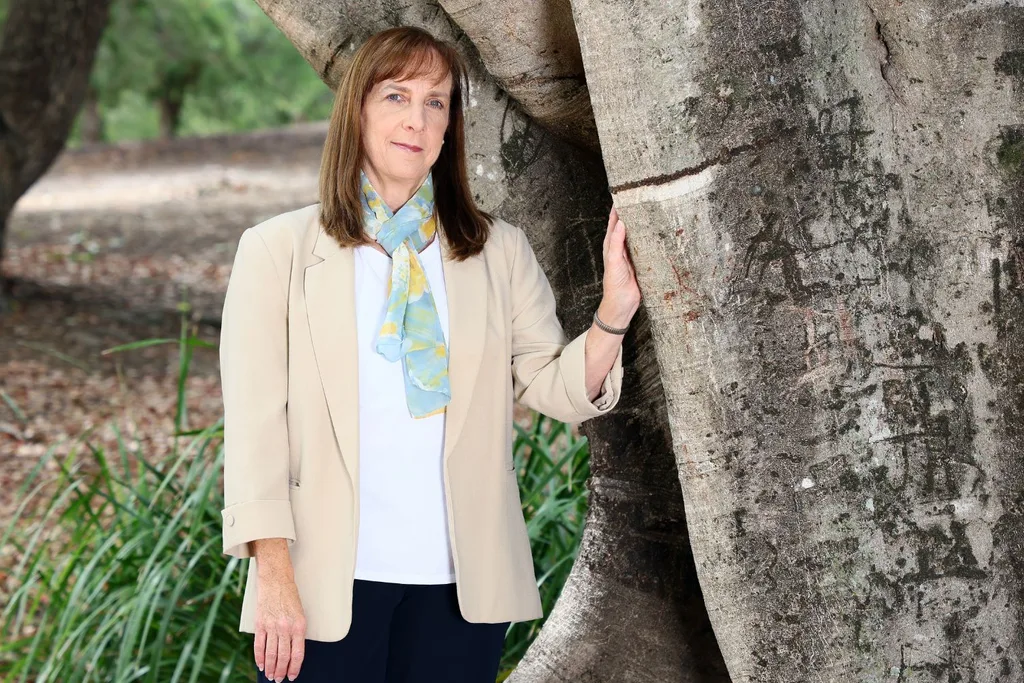
Having spent thousands of hours lobbying governments to affect change and protect the victims, Vanessa believes that education surrounding coercive control awareness is more important now than ever.
Alarmingly, to date, 58 women in Australia have been allegedly killed in circumstances of domestic violence this year.
“We only realised after the trial that Allison was a long-suffering victim – it’s so insidious that she likely didn’t even know what she was going through,” Vanessa shares.
So far, the powerful ‘Toxic Love’ campaign has been seen by more than 700,000 young people across a variety of social media platforms.
It provides a comprehensive toolkit that includes a series of videos portraying real-life scenarios highlighting toxic situations teenagers might find themselves in.
“Research shows that in order to make generational change, we must start with primary prevention, especially aimed at our young people – the evidence is there that teenagers are not aware of the signs of an unhealthy relationship,” Vanessa explains.
“It’s important that we educate them, so that they can develop and maintain healthy relationships both now while they’re young as well as into the future.”
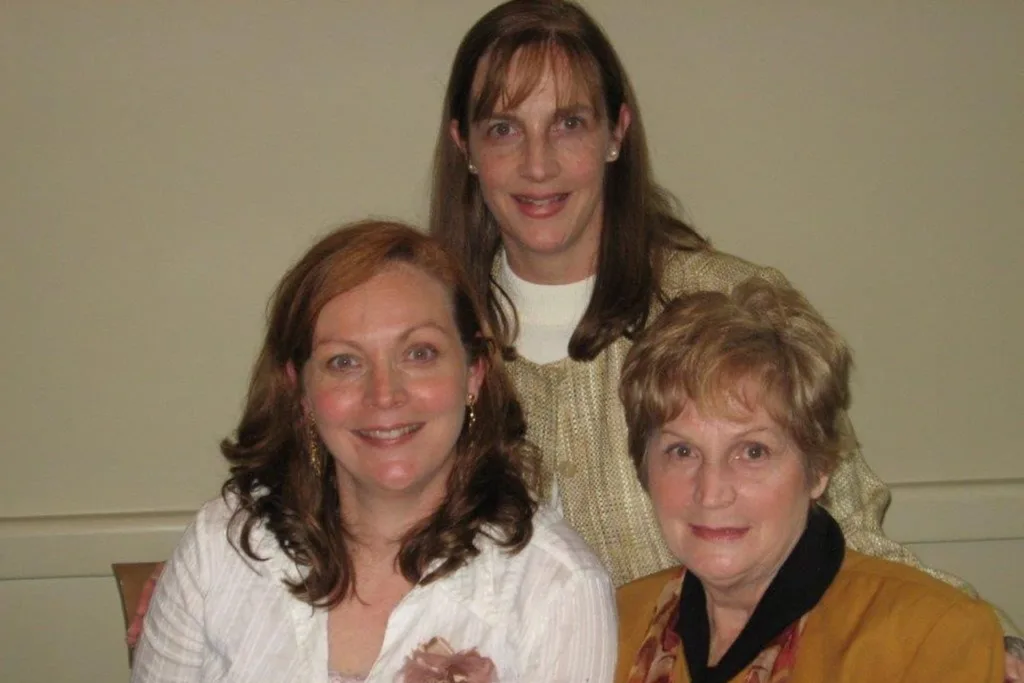
Last month, on October 11, a landmark bill was introduced in Queensland parliament making coercive control a standalone offence with a maximum prison sentence of 14 years.
It was welcome news for Vanessa and her parents Priscilla and Geoff Dickie, as well as Sue and Lloyd Clarke, whose daughter Hannah and her three children were killed at the hands of the children’s father in 2020.
Vanessa is confident that the new coercive control bill will save many lives.
“Sadly, it was all too late for our families, but knowing we achieved this change means other victims’ voices will be heard,” says Vanessa.
“Allison was generous and kind, always wanting to make a difference, and she would be very pleased with the ‘Toxic Love’ campaign because it targets specifically young people. If we save just one family, it’s been worth it.”
If you or someone you know has been affected by any of the issues raised in this article, help is always available.
Call Lifeline on 13 11 14. To find out more, visit toxiclovesigns.com.au.
